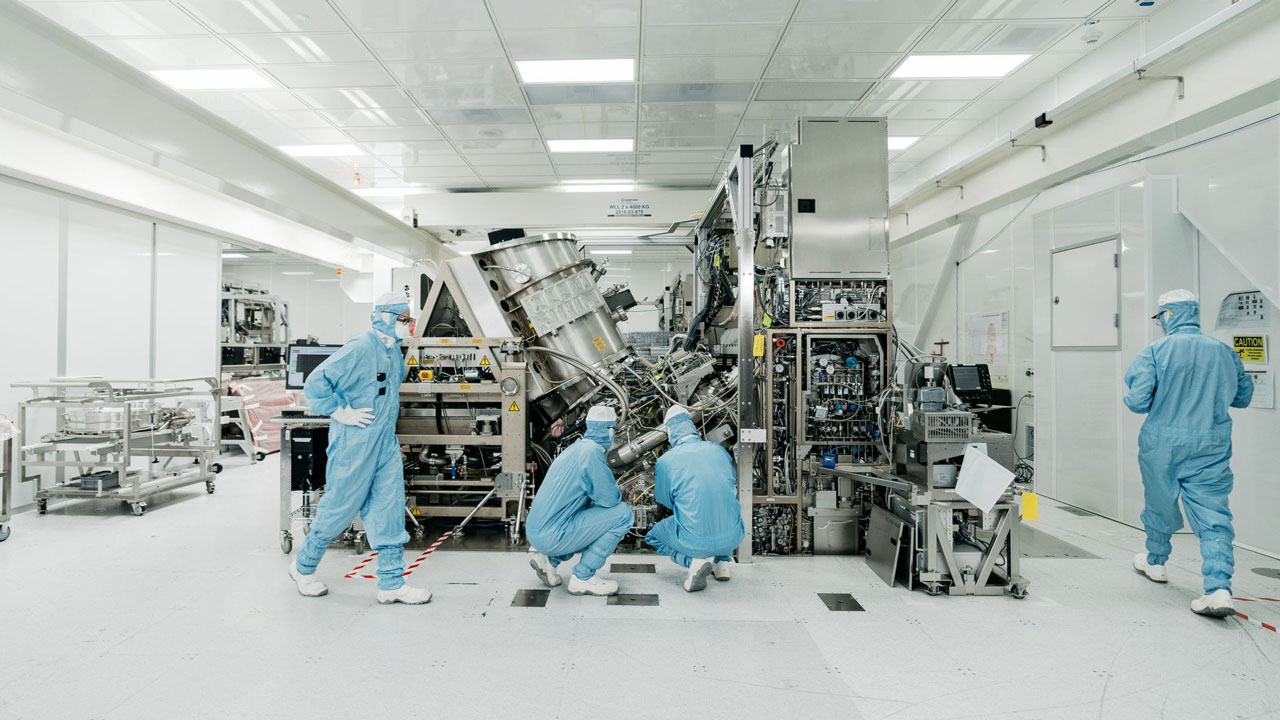U.S. blacklists Intel's and Nvidia's key partner in China — three other Chinese firms also included in the blacklist for helping the military
A bad hit for the green and blue companies.

The U.S. Department of Commerce's Bureau of Industry and Security has added Sitonholy, a leading Chinese solutions provider that sells hardware in general and Intel and Nvidia processors in particular, into its Entity List, reports the South China Morning Post. American companies dealing with distributors must get an export license from the U.S. government. While this certainly hits Sitonholy, it is also a significant blow for American companies, including Intel and Nvidia.
Sitonholy is an enterprise solution provider and a cloud service provider from China. It sells hardware (with added value) and offers cloud services (including gaming services) based on technology from Intel and Nvidia. As a result, American companies dealing with Sitonholy will now have to get an export license from the U.S. Department of Commerce's Bureau of Industry and Security, which will review these applications with a presumption of denial. Given that the Chinese industry is barely prepared to replace American technology with domestic products, this is a significant blow for Sitonholy. However, this is also a major blow for U.S.-based companies as China is an important market for companies like AMD, Intel, and Nvidia. Meanwhile, it is not a dramatic hit as Sitonholy is one of many partners of American tech giants in China.
The U.S. government this week added four Chinese companies to its export blacklist for their involvement in acquiring AI chips for China's military, according to Kevin Kurland, an export enforcement official, during a U.S. Senate subcommittee hearing. The specific Chinese companies added are Linkzol Technology, Xi'an Like Innovative Information Technology, Beijing Anwise Technology, and Sitonholy (Tianjin).
In reaction, a Chinese foreign ministry spokesperson criticized the U.S. for using export controls to target Chinese firms unfairly and urged the U.S. to cease politicizing trade and tech issues, which is a general reaction.
Additionally, the U.S. has imposed restrictions on five other companies accused of aiding in the production and procurement of drones used by Russia in Ukraine and by Iran-backed Houthis in attacks on shipping in the Red Sea. The companies include Jiangxi Xintuo Enterprise and Shenzhen Jiasibo Technology, which are linked to Russian and Iranian military efforts.
The actions against these companies underline the ongoing strategic competition and security concerns that dominate U.S.-China relations. These developments occur amid a backdrop of increasing military investment by China as President Xi Jinping pushes towards a 'world-class' military by 2050. The U.S. obviously considers this a threat on a local and global scale.
Get Tom's Hardware's best news and in-depth reviews, straight to your inbox.

Anton Shilov is a contributing writer at Tom’s Hardware. Over the past couple of decades, he has covered everything from CPUs and GPUs to supercomputers and from modern process technologies and latest fab tools to high-tech industry trends.
-
JTWrenn Unfortunately most of these backlisting's are too late. We used to have enough power to do this and have it hit china harder than it hits us, but anymore we just don't. This feels like the Russia sanctions all over again. We will get higher prices, and lower sales while China will just work with other countries that they haven't in the past and be fine with it.Reply
I think we just waited to long to put the screws to China because of greed over their market size. We needed to crack down on them 10 years ago at least. -
Joseph_138 I'm wondering if this Chinese firm that provides cloud services, is tied to any online games? If they are, gamers could see many of their favorite games taken offline, until alternative cloud providers can be found, and at least a few, may end up being taken down for good.Reply